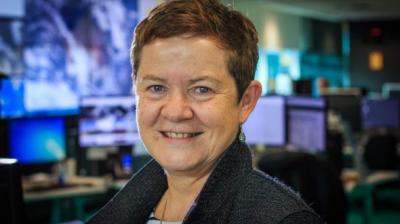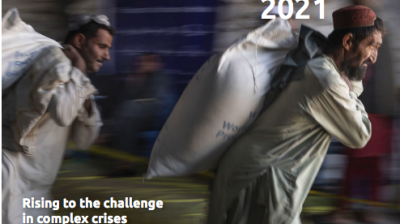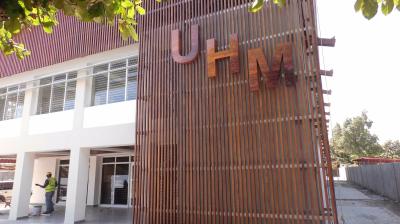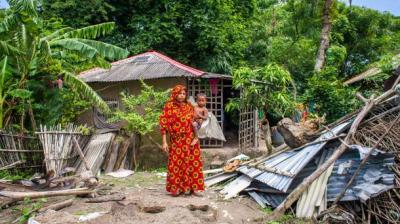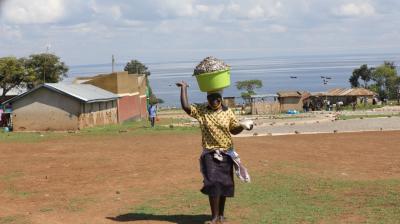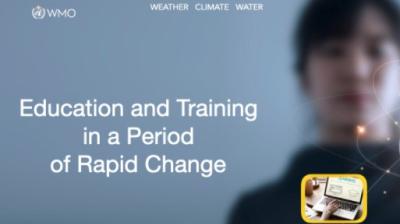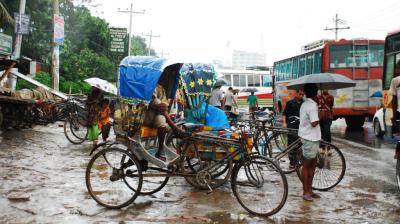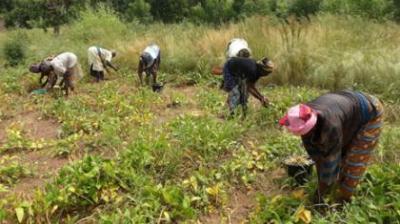WMO marks International Women’s Day
The theme of International Women’s Day on 8th March, is “Think equal, build smart, innovate for change”. Increased investment in women is among the main strategies for implementing the WMO Gender Equality Policy and WMO Gender Action Plan.
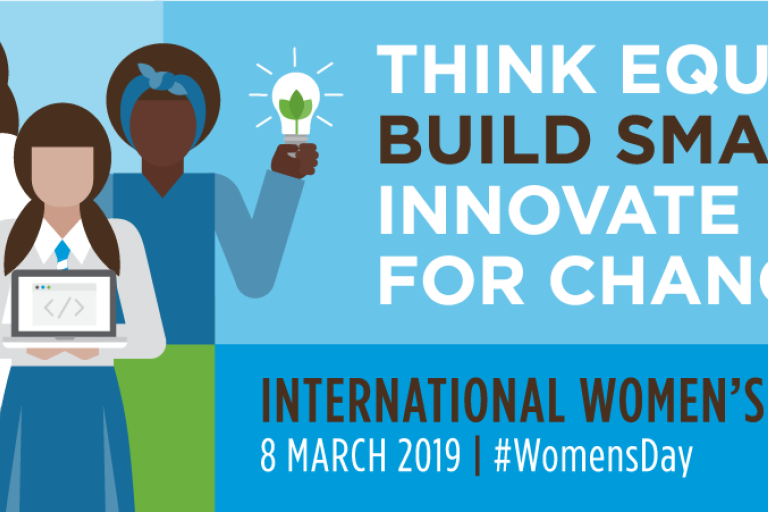
The theme of International Women’s Day on 8th March, is “Think equal, build smart, innovate for change”. Increased investment in women is among the main strategies for implementing the WMO Gender Equality Policy and WMO Gender Action Plan.
WMO’s activities generally fall within two areas of work: and (1) promoting gender-responsive weather, hydrological and climate services. (2) increasing female participation in governance and decision-making.
Weather and climate change impact people differently – in terms of socioeconomic circumstances, age and gender. Thus, WMO-supported initiatives ranging from the Climate Risk and Early Warning Systems Initiative to roving seminars for farmers to efforts to improve Multi Hazard Early Warning Systems all factor in the specific needs and roles of men and women.
Specifically, the 50th Greater Horn of Africa Climate Outlook Forum (GHACOF-50) (Kigali, Rwanda, 27-28 August 2018 followed up on the outcomes of the Conference on the Gender Dimensions of Weather and Climate Services which took place in 2014 by zooming into a particular region, collecting country-level stories and examples, and formulating region-specific recommendations on service provision.
Under the slogan Gender-Sensitive Climate Services, WMO co-organized GHACOF-50 in collaboration with the Intergovernmental Authority on Development’s Climate Prediction and Applications Centre (ICPAC). The two-day meeting was dedicated to raising awareness on the gendered impacts of climate at the regional and national level, downscaling existing knowledge and good practice, and devising regional mitigation strategies. Following a panel on the global state of knowledge, a series of interactive discussions took place between users and providers of climate services in the following sectors: agriculture and food security, livestock, disaster risk management, health, water and energy, conflict early warning, and the media. The purpose was to collect regional stories and examples on the distinct ways in which women and men were affected by climate in the region. Replicable good practice and know-how were shared and regionally-specific recommendations were formulated for each sector.
Professional networks
One of WMO’s objectives is to create networks of female professionals, offer capacity building opportunities to women from national meteorological services and increase the number of females in governance and management, and increase their participation in international/regional processes and bodies.
Thus, WMO organized a Women's Leadership Workshop at the Regional Association for Africa session in (Cairo, Egypt from 16-17 February 2019 and Women's Agrometeorology Leadership Workshop in the Republic of Korea, 14-15 April 2018. Designed for female delegates and female professionals from WMO Member States, the workshops' content is oriented towards building a set of practical leadership skills.
The intention is not only to strengthen leadership skills, but also to offer an opportunity to gain first-hand experience in a major international meeting, involve the participants in our scientific cooperation, and welcome them in our network of experts.
Remarkably, a 16% increase in women representation was registered at the Commission for Agricultural Meteorology session, with a similar effect observed at other governance meetings coupled with women’s leadership workshops. The commission’s management group is now more than 50% female and 45% of the Commission's experts are women. Women are president and vice president of the WMO Commission for Climatology.
A session on "The Gender Dimension in National Meteorological and Hydrological Services (NMHS)" was organized during the Regional Conference of WMO Regional Association III (South America), 20 November 2018, Santiago, Chile. The half-day event focused on approaches to advancing gender equality and inclusive leadership in the work of the Association and NMHSs. Following an interactive talk by an inclusion and diversity expert, the session featured a panel discussion with the participation of Permanent Representatives from the region. A key outcome was the adoption of an Action Plan for Advancing Gender Equality in RA III. Gender equality was further highlighted as a priority for the region.
WMO Gender Champion
For the first time, WMO organized in 2018 was a session targeted at decision-makers (Permanent Representatives and Directors of NMHS) to raise awareness of unconscious bias, present techniques to being inclusive leaders, and formulate concrete steps to advancing gender equality at the regional level.
WMO marked International Women’s Day with a lunchtime event featuring testimonies from young female professional officers working at the Secretariat. It named Robert Stefansky, Chief of WMO’s Agricultural Meteorology Division, as Gender Champion of the Year in recognition of his achieving gender equality in the Commission for Agricultural meteorology as well as promoting gender sensitive agricultural services and training.


